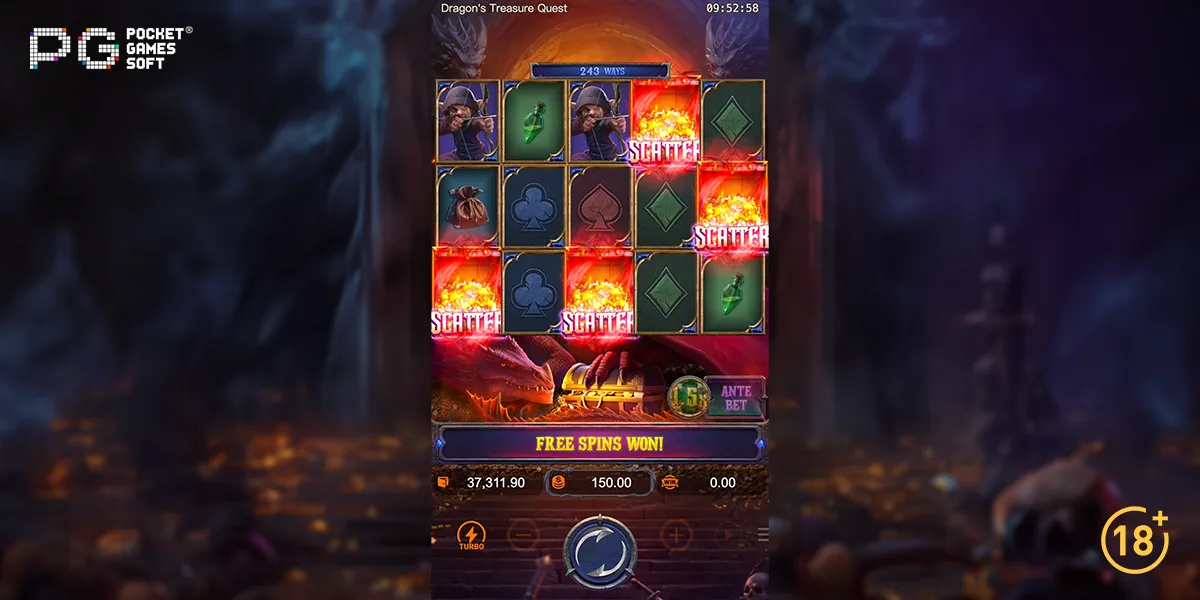While it can be difficult to point to a specific date that can demarcate the beginning of a truly “post-freemium” world, few developers will argue against the fact this is now a reality. Freemium games rode high on the coat-tails of the smartphone craze that originated with the first iPhone in 2007, and its vast web-store of applications.
What all freemium games hold in common is that they seek to offer players the opportunity to experience elements of a game, while holding back full functionality behind an optional pay-wall. When this works well, it lets players try a game so they might decide purchasing the full experience is worthwhile to them.
Stumbling blocks
Unfortunately, the freemium model has developed a somewhat negative reputation due to poor implementation. As developers using a freemium model do not require large upfront development costs, they can bring apps to market rapidly and with little risk. While this promotes competition, it also negatively impacts quality control. This has led to many freemium games seeking to extract revenue from free players by placing frustrating limitations on them. Often this takes the form of only letting players experience the game for a certain period of time before having to watch adverts, or participate in third-party marketing surveys.
Alternatives
This has led to developers exploring alternative monetization models that have less tarnished associations. One key industry they can learn from is that of iGaming. Online casinos have long been at the forefront of utilizing promotional offers to onboard new players to their services. For example, with slots games, platforms can make a range of tried-and-tested invitational overtures from daily jackpots to welcome bonuses for new players with the goal of letting people engage with their services in a low-pressure context. In other gaming sectors, due to the nature of their respective mediums, other strategies have been in the ascendancy. Below we explore two major trends that have been taking the wider gaming industry by storm.
Open betas
The open beta has been around on computers for many years but recently has found new popularity on games consoles. Ostensibly, an open beta is a period of pre-release testing wherein the general public is invited to play an upcoming game in order to help with bug-fixing and testing. However, by the time major console games reach this stage they have already been through rigorous internal testing, and as a result, are relatively stable.
This has led to developers using open betas as a promotional tool to build up hype and interest around a game ahead of its official release, as seen most recently with Halo: Infinite’s Multiplayer beta. While players are still locked to a limited form of the game, they have no time constraints placed on them and are under no obligation to participate in marketing material for access, making it a far more approachable and well-regarded model. Similar to this is post-release trial periods, as seen in EA’s recent launch of Knock-Out City. EA offered the full game for players to enjoy for free for a limited time. This led reviewers and players to get to grips with the game, and crucially, begin to invest time and energy into the experience. Such players are then statistically far more likely to pay for the full title once the trial ends.
Season Passes
This model similarly relies on building up participation and time investment by players in an unrestricted manner, then offering premium elements in an invitational form. Season Passes are most commonly seen on battle royale-style games, such as Fortnite and Call of Duty: Warzone. These games are free-to-play, with all basic functionality perpetually accessible to all players. Monetization comes by way of selling Season Passes, a one-off payment typically valid for three months.
This payment grants a player access to an in-game microtransaction store where they can buy aesthetic upgrades to their characters and profiles. As no gameplay functionality is sequestered behind this paywall, players are motivated to buy a Season Pass based entirely on a desire for community inclusion and personal expression. This has led to enormous revenue, with Fortnite earning $9 billion in microtransaction sales since its 2017 launch date.
Read more: Best Gambling Payment Providers














